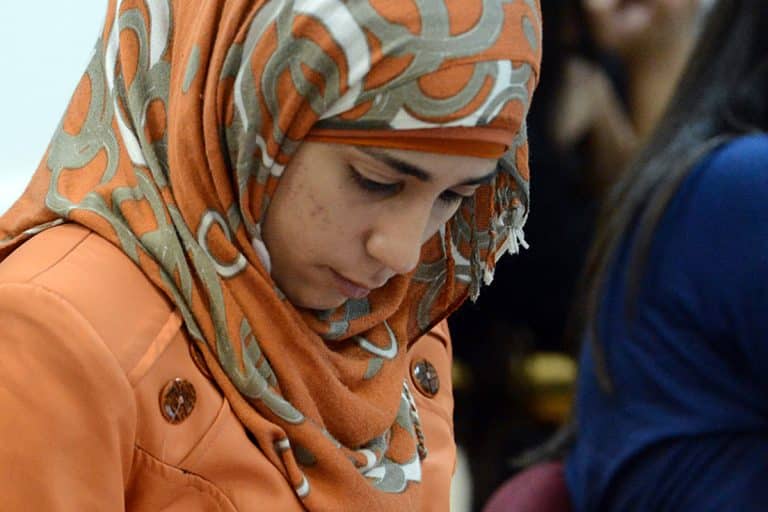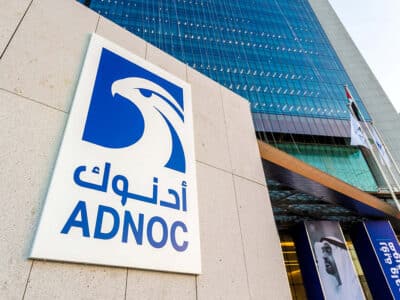Young Arab men and women in the Middle East & North Africa, a generation that has lived through the Arab Spring, the rise and fall of Daesh, and the Covid-19 pandemic, are charting a new course as they contemplate their future and now prioritise stability over democracy, according to the 14th Annual ASDA’A BCW Arab Youth Survey.
Most of the so-called Arab Spring generation, which entered adulthood after the momentous events of the early 2010s, say they have more freedoms today because of the protests, that their voice matters to their leadership and that women have equal rights. But a majority in the GCC (57 percent), North Africa (62 percent) and the Levant (72 percent) say that democracy in the region will never work.

More than eight in 10 (82 percent) in all three regions believe that today, promoting stability is more important than promoting democracy. Better policymaking to address persistent material concerns like jobs, education and rising living costs is also high on their list of demands.

While 87 percent of Arab youth in the GCC say their government has the right policies to tackle the issues most important to young people, less than six in 10 (59 percent) in North Africa, and barely a fifth (21 percent) in Levant say the same way. Against this backdrop, more young people would prefer to work for themselves or with their family (28 percent) than for the government or the private sector.
According to the 2009 ASDA’A BCW Arab Youth Survey, 92 percent of respondents said living in a democracy was their single most important priority. There has been a decisive shift since, with 82 percent of youth overall arguing that promoting stability was more important than promoting democracy, even though a majority (60 percent) say they are concerned about the increased role of government in their everyday lives.
Today’s youth nevertheless admit that their voice matters to their leadership, with 88 percent saying so in the GCC and 67 percent of youth in North Africa concurring.

Youth in the Levant are more ambivalent, however, at 50 percent. Arab youth in MENA also point to improved gender equality, with 59 percent of women overall and 62 percent of men saying men and women have equal rights. A third of women (32 percent) believe they have more rights.








